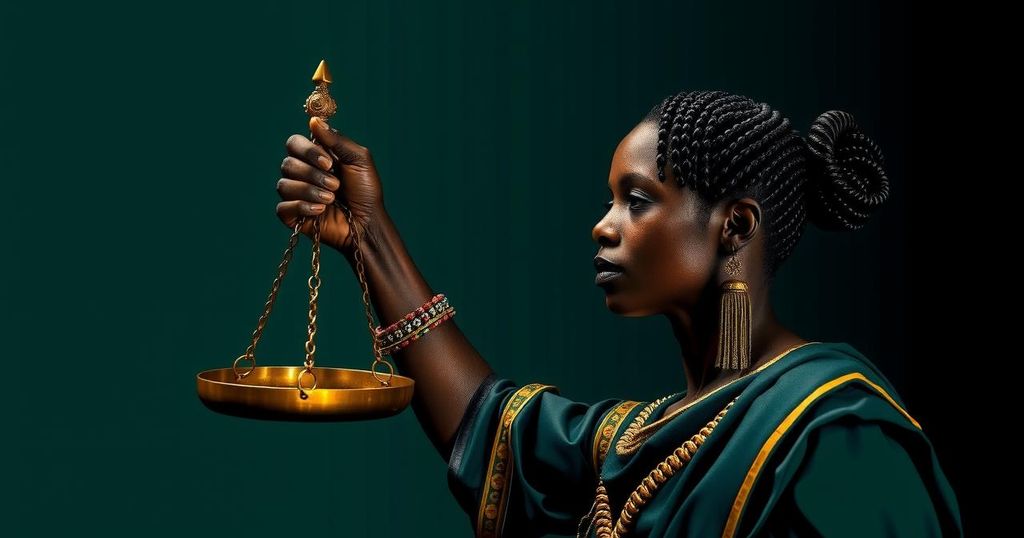Voices for Change is an IWPR project in Ghana aimed at empowering journalists and civil society with investigative and advocacy tools to promote human rights and accountability. Through workshops and impactful storytelling, the initiative tackles issues like police brutality and healthcare inequities. The project aims to replicate success from Nigeria by fostering a coalition dedicated to systemic reform.
In Ghana, the fight for justice and human rights is being revitalized through the initiative “Voices for Change,” an IWPR project designed to equip local journalists and citizen activists with vital investigative and advocacy tools. Spearheaded by the Centre for Journalism Innovation and Development (CJID), this initiative works to create a coalition of journalists, civil society organizations, and activists dedicated to exposing human rights violations and driving meaningful reform in governance.
In September, a dynamic three-day workshop heralded the launch of this pivotal project, bringing together a diverse array of voices eager to document and tackle human rights abuses. Sessions focused on ethical reporting, collaborative techniques, and legal insights designed to empower the agents of change with the skills needed to address systemic injustices effectively.
Among the impactful stories emerging from this initiative was that of David Awusi, an advocate from the Youth Rise International NGO, who highlighted the ongoing challenges faced by individuals with disabilities in accessing healthcare in rural regions. “Through this investigation, we seek to shine a light on these injustices, amplify the voices of those affected, and push for policy reforms that will lead to more inclusive and fair healthcare systems,” Awusi shared with conviction.
Another compelling narrative revolved around Judith Yaa Kumah, a young musician whose life was shattered by a wrongful arrest and police brutality. In February 2024, Kumah endured a harrowing experience when an officer, mistaking her for a robbery suspect, gruesomely injured her during an interrogation. While the court eventually discharged her case due to insufficient evidence, the promise of justice and medical care remains unfulfilled, leaving a haunting void in her fight for accountability.
Through the relentless efforts of Voices for Change, journalists and civil society partners are not only shedding light on pressing human rights issues, such as gender-based violence and police brutality but are also inspiring hope for reform. This project follows a successful initiative in Nigeria and aims to replicate its success by amplifying marginalized voices throughout West Africa, ensuring that the clarion call for justice continues to resonate against the backdrop of enduring struggles.
In recent years, Ghana has grappled with various human rights challenges, including discrimination, police brutality, and inadequate healthcare for vulnerable communities. The need for accountability and advocacy has led to initiatives like Voices for Change, which seeks to empower local activists and journalists. By equipping these partners with essential skills, the initiative aims to foster a culture of responsible reporting and effective advocacy, ultimately striving for systemic transformation in the nation’s human rights landscape.
The Voices for Change initiative is a beacon of hope in the concerted effort to champion justice and human rights in Ghana. Through empowering journalists and civil society organizations, the project aims to ignite transformative dialogues that advocate for the oppressed and marginalized. As it embarks on this journey, the stories of individuals like Judith Kumah and David Awusi serve as both a reminder of the struggles faced and a clarion call for systemic change that upholds human dignity and equity.
Original Source: iwpr.net



